Introduction
In the realm of traditional Chinese herbal medicine and culinary arts, the combination of herbs and liquor has long been revered for its therapeutic and flavorful properties. Among the myriad of herbal elixirs, the infusion of Sanqi (Panax notoginseng) and Jujube (Ziziphus jujuba) stands out as a timeless recipe cherished for its health benefits and exquisite taste. This article delves into the art of crafting this delightful elixir, exploring the unique qualities of Sanqi and Jujube, the meticulous process of infusing them into liquor, and the myriad of health advantages associated with consuming this herbal concoction.
Understanding Sanqi and Jujube
Sanqi (Panax notoginseng):
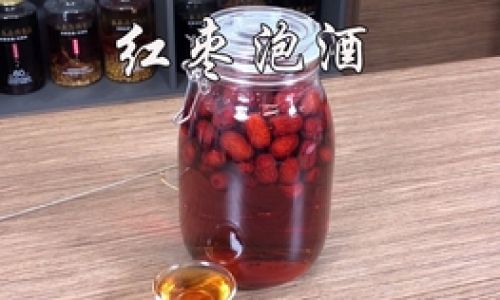
Sanqi, also known as Tianqi or Notoginseng, is a perennial herb native to China, primarily found in the Yunnan province. It belongs to the Araliaceae family and is renowned for its medicinal properties. The root of the Sanqi plant is the most valued part, used extensively in traditional Chinese medicine (TCM) to treat a variety of ailments. Sanqi is known to possess blood-regulating properties, aiding in the circulation of blood, alleviating pain, and promoting healing. It is also believed to enhance the immune system, reduce inflammation, and support cardiovascular health.
In TCM, Sanqi is classified as a “yang” herb, meaning it has warming and stimulating effects on the body. Its bitter and sweet taste, coupled with its slightly warm nature, makes it an ideal ingredient for addressing conditions related to coldness or stagnation in the body.
Jujube (Ziziphus jujuba):
Jujube, commonly known as the Chinese date or red date, is a small fruit tree native to China and Central Asia. The fruit of the jujube tree has been used in traditional medicine and cuisine for thousands of years. Jujube is rich in vitamins and minerals, particularly vitamins C and A, as well as calcium, iron, and magnesium. It is valued for its sweet and slightly sour taste, making it a popular addition to teas, soups, and desserts.
In TCM, jujube is considered a “yin” herb, possessing nourishing and calming properties. It is used to tonify the spleen and stomach, nourish the blood, and harmonize the body’s qi (energy). Jujube is also known to alleviate stress, improve sleep quality, and support digestive health.
The Art of Infusing Sanqi and Jujube into Liquor
Crafting an elixir by infusing Sanqi and Jujube into liquor is a delicate process that requires careful selection of ingredients, precise measurement, and patience. Below is a step-by-step guide to creating this herbal delight.
Step 1: Selecting the Ingredients

- Sanqi Root: Choose high-quality, dried Sanqi root slices. Look for roots that are firm, have a rich red color, and emit a faint aromatic scent.
- Jujube Fruits: Opt for dried jujubes that are plump, dark red in color, and free from mold or insects. Fresh jujubes can also be used, but they require additional preparation to ensure they do not spoil the liquor.
- Liquor: Select a high-quality grain-based liquor with a minimum alcohol content of 50%. The purity and flavor of the liquor will greatly influence the final taste of the elixir.
Step 2: Preparing the Ingredients
- Cleaning: Rinse the Sanqi root slices and jujube fruits gently under cold running water to remove any dirt or impurities. Pat them dry using a clean cloth.
- Slicing (if necessary): For larger jujube fruits, slice them into halves or quarters to ensure better extraction of flavors and nutrients.
Step 3: Measuring and Mixing
- Ratio: A typical ratio for this elixir is 30 grams of Sanqi root and 100 grams of jujube fruits per liter of liquor. Adjust the ratio according to personal preference and desired potency.
- Mixing: Place the prepared Sanqi root slices and jujube fruits into a clean, airtight glass jar. Pour the liquor over the ingredients, ensuring they are fully submerged.
Step 4: Sealing and Infusing
- Seal the Jar: Tightly close the jar to prevent evaporation and contamination.
- Infusion Period: Allow the mixture to infuse in a cool, dark place for at least one month. For a stronger elixir, extend the infusion period to two or even three months. Shake the jar gently every few days to promote even extraction of flavors and nutrients.
Step 5: Straining and Bottling
- Straining: After the desired infusion period, strain the mixture through a fine-mesh sieve or cheesecloth to remove the solid ingredients. Press gently on the solids to extract any remaining liquor.
- Bottling: Pour the strained elixir into clean, airtight glass bottles. Label the bottles with the date of preparation and any other relevant information.
Step 6: Aging (Optional)
- Aging: For an even more refined taste, consider aging the elixir for an additional period, preferably in a cool, dark cellar. Aging can enhance the complexity of flavors and deepen the color of the elixir.
Health Benefits of Sanqi and Jujube Elixir
The combination of Sanqi and Jujube in liquor yields an elixir that is not only delicious but also packed with health benefits. Here are some of the potential advantages of consuming this herbal concoction:
-
Blood Circulation: Sanqi’s blood-regulating properties make this elixir ideal for promoting healthy blood circulation. It can help alleviate symptoms of blood stagnation, such as pain, numbness, and coldness in the extremities.
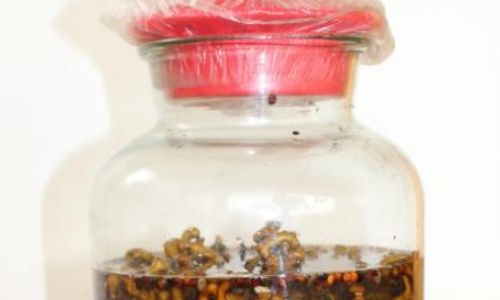
-
Immune Support: Both Sanqi and Jujube are known to enhance the immune system. Regular consumption of this elixir can help boost the body’s defenses against infections and diseases.
-
Cardiovascular Health: Sanqi’s ability to reduce inflammation and support blood vessel health makes it beneficial for maintaining cardiovascular health. It can help lower blood pressure, reduce the risk of heart attacks and strokes, and promote overall heart health.
-
Digestive Health: Jujube’s nourishing properties make it beneficial for the spleen and stomach. This elixir can help alleviate digestive issues such as bloating, constipation, and indigestion.
-
Stress Relief: Jujube’s calming properties make this elixir an excellent choice for reducing stress and promoting relaxation. It can help improve sleep quality and alleviate symptoms of anxiety and depression.
-
Antioxidant Protection: Both Sanqi and Jujube are rich in antioxidants, which help protect the body against cellular damage caused by free radicals. This can slow down the aging process and reduce the risk of chronic diseases.
Conclusion
Crafting an elixir by infusing Sanqi and Jujube into liquor is a rewarding endeavor that combines the wisdom of traditional Chinese medicine with the art of culinary creation. This herbal concoction not only offers a delightful taste but also provides a myriad of health benefits. By following the steps outlined in this article, you can create your own batch of Sanqi and Jujube elixir, enjoying its therapeutic properties and exquisite flavor. Remember, patience and precision are key to achieving the perfect balance of ingredients and flavors. Cheers to your health and happiness with every sip of this delightful herbal elixir!
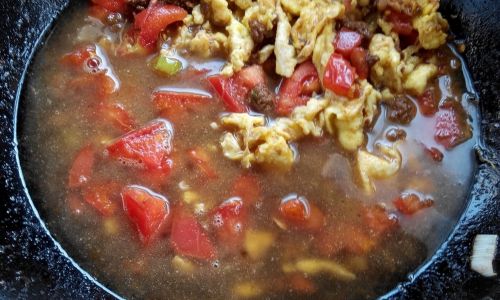
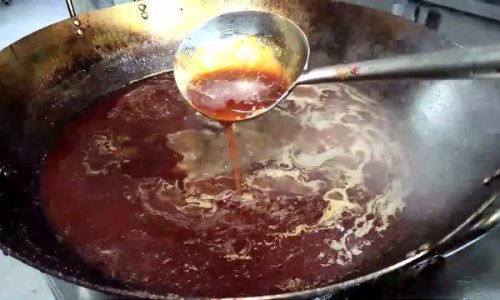
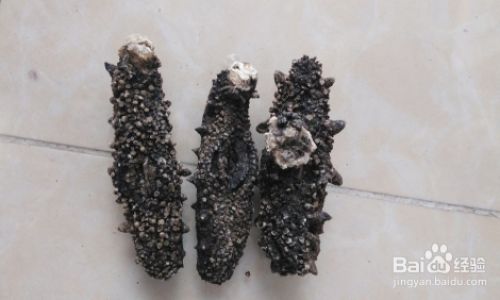
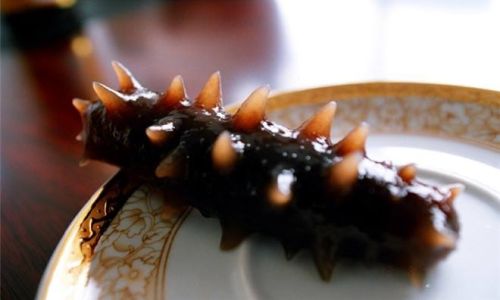
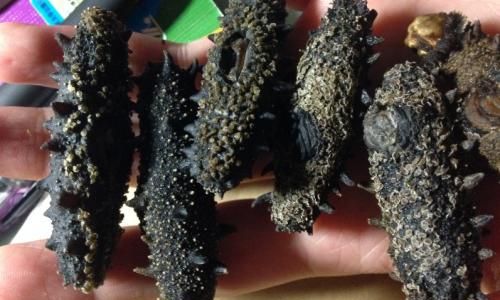
0 comments